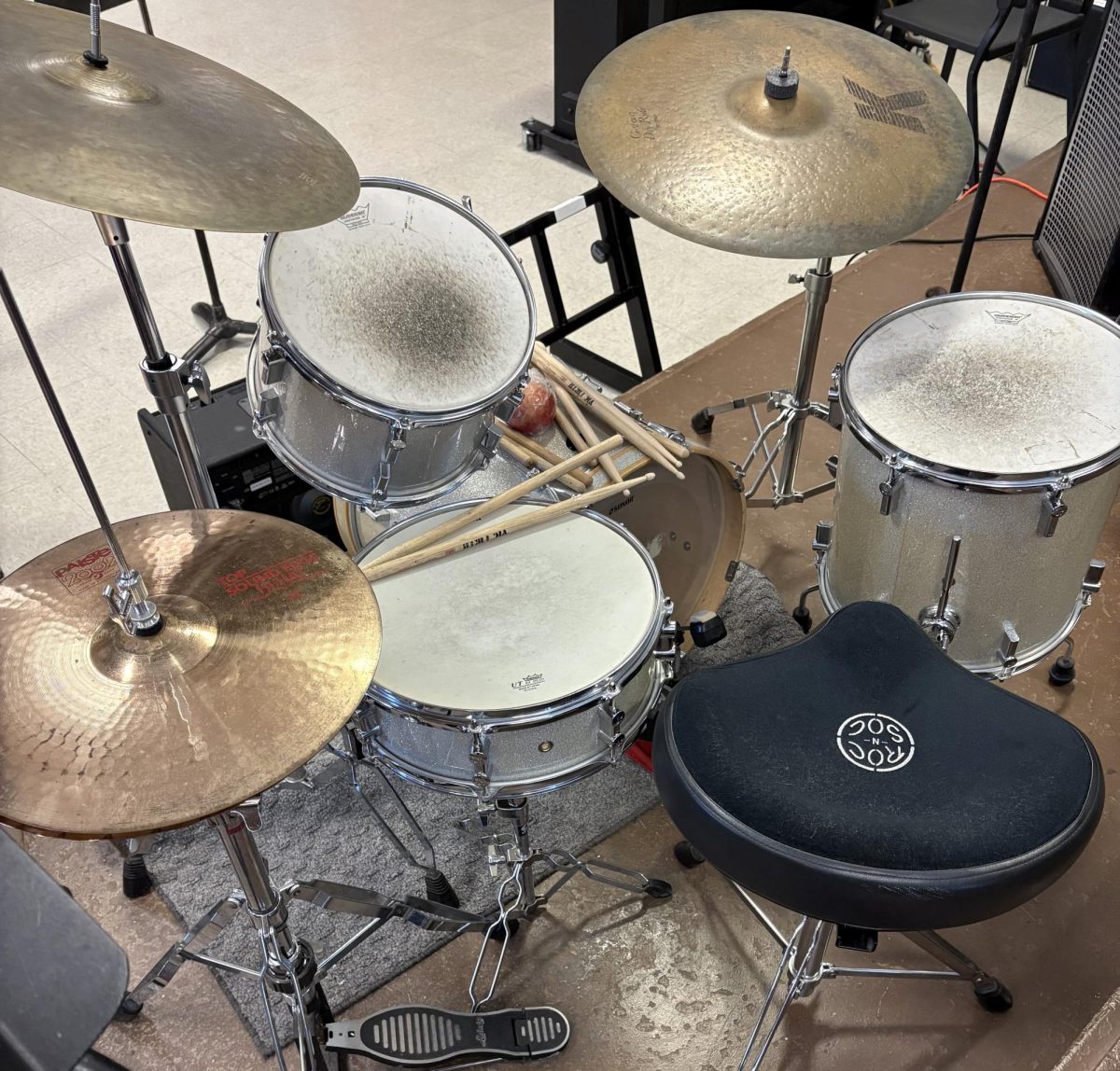Say the word “therapy” and most people will imagine a patient having an introspective conversation with a psychologist or psychiatrist. But there are many types of therapies that don’t fit neatly into that definition.
Music therapy, for instance, is a type of therapy that uses music to help improve a person’s mental and physical health. This could be as simple as listening to your favorite song to make you feel better when you’re sad.
Many mental health professionals claim that there is a much deeper connection between music and your mind and body. But how can sounds that are strung together with instruments, voices, and digital technologies provide a means to being healthier?
According to research and analysis from Daniel J. Levitin, PhD and Mona Lisa Chanda, PhD with the American Psychological Association, “listening to and playing music increase[s] the body’s production of the antibody immunoglobulin A and natural killer cells– the cells that attack invading viruses and boost the immune system’s effectiveness.”
Immunoglobulin A is an antibody protein that helps protect our bodies from infections. This goes to show that music can literally be healing to our bodies; with the increased production of the antibody, the body is more able to protect itself from infection.
For conditions such as dementia, music can be used to improve quality of life and extend life expectancy for patients. Scientists have found that music can strengthen memory, learning, and speech. Not only does this benefit cognitive abilities, it can also promote neuroplasticity in the brain, which is key for helping keep patients’ conditions from worsening.
Music therapy is versatile; there is no single type of music or genre that is more beneficial than another. It is a type of therapy that can be used to help patients with a myriad of conditions by triggering uplifting feelings.
While music therapy may help improve patients’ well-being, it’s likely not going to cure them. Like other types of therapies, music therapy — on its own or applied in concert with other types of therapies — isn’t meant to find a cure; it is used as a way to cope. And that is exactly what therapy, whether through conversation or music, is all about.



